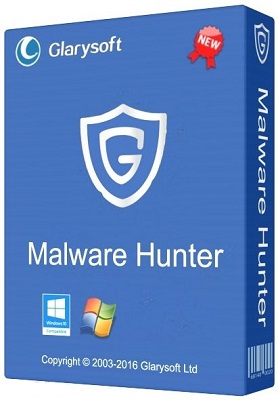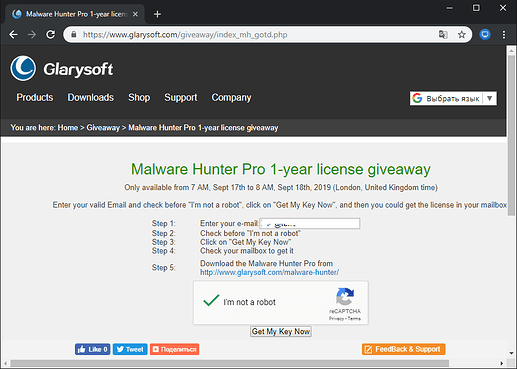

The best-known example of lock-out malware is Reveton, which freezes out all other programs on Windows, including Task Manager, groundlessly accuses you of a crime (usually relating to piracy or pornography), and invites you to pay about $300 to make the “charges” go away.Īnd the best example of file-scrambling malware is CryptoLocker, which leaves your computer unlocked and running fine, but scrambles all your files with a strong cryptographic algorithm, before asking you for $300 for the decryption key. Ransomware has been a persistent threat on desktop and laptop computers for several years. Usually, payment is by some largely anonymous and irreversible mechanism, such as Bitcoin or a Moneypak voucher. The “fees” vary, from tens to hundreds, sometimes even thousands, of dollars. If you want a copy of the recovery code, you have to pay. That’s because there’s a secret code that can unlock your phone, or decrypt your files, but only the crooks have it (or so they say). What we’re talking about here is extortion or demanding money with menaces.

Ransomware is the stuff that locks up your computer or phone with a pop-up that covers all your other apps, and sometimes even scrambles your data files.

SophosLabs just alerted us to yet another example of Android ransomware.


 0 kommentar(er)
0 kommentar(er)
